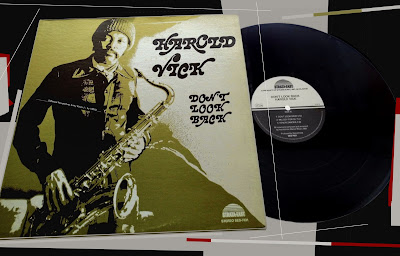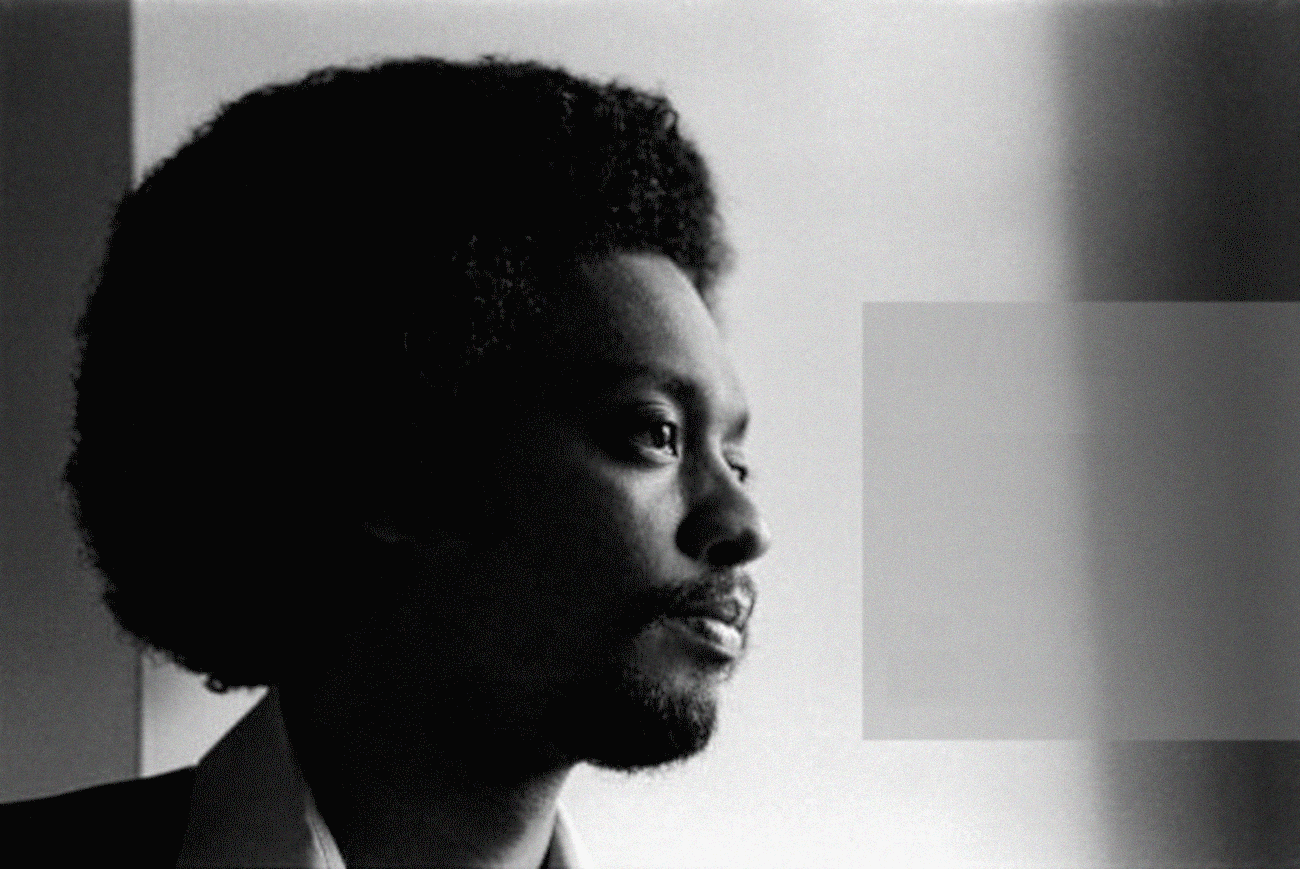Label:
Sonora – SA-101
Format:
Vinyl, LP, Album / Country: US / Released: 1979
Style:
Free Jazz, Contemporary Jazz
Recorded May 5,
1979, Generation Sound, New York.
Cover
Design – Glen Hall
Photography / Cover Art – Guntram Porps
Engineer
– Tony May
Mixed
at Sierra Pacific Studio, Studio City, California
Mixing
engineers - Ian Gardiner, Reed Stanley
Mastered
at Lacquer Channel - Toronto
Production
By – Glen Hall
Matrix
/ Runout (Side A, etched): WRC-1-934 SA-101-A
Matrix
/ Runout (Side B, etched): WRC-1-934 SA-101-B
A1
- Orchid Opening Downwards
......................................................................... 7:15
A2
- Kitab Al Qalb (The Book Of The Heart) ........................................................
3:14
A3
- El Borrado .....................................................................................................
1:54
A4
- For Marianne
................................................................................................
7:00
B1
- Blue Seven
....................................................................................................
6:23
B2 - Iris .................................................................................................................
9:20
Personnel:
Glen
Hall – tenor and soprano saxophones, bass clarinet, percussion
Joanne
Brackeen – piano
Cecil
McBee – bass
Billy
Hart – drums, percussion
Joshua
Breakstone – guitar (A4)
The
expression "I trust myself" means different things to different
people, but mainly means to believe in my creativity. In Glen Hall's case it
means "I am almost unknown, but for my first record I want as sidemen
Cecil McBee, Billy Hart and Joanne Brackeen". It was more than just a
brave decision because these three musicians are artists with abilities at so
high a point that they could (because of that) overpower the leader. The final
result that came out of this record proved that Hall was not just flying in the
clouds, but his choice of personnel of the group had been established on the
basics of dynamics that he believed were contained in his work.
The
record opens with a Hall original, "Orchid Opening Downwards", a
piece of great suspense and beauty, taken at a slow breathing speed, building
in a deliberate decentralized way, around solos from Hall and Brackeen and
non-directional rhythm, to a lovely McBee bowed solo. Slow waves of
crescendoing beauty on a piece rare in its combination of naturalness of
composition and instant composition. "Kitab al Qalb", another Hall
original, show some Dolphy roots with Hall playing a talking double time solo
backed by Hart and McBee over Brackeen's free comping.
"El
Borrado" is the last of the three Hall originals, a piece featuring the
leader in asolos role, sqeezing out, in slow motion, forced blown and
invertedly blown sax-sounding like overmiked amplifier feedback-it works, it
moves. Manfred Schoof's "For Marianne" ends side one and has
guitarist Joshua Breakstone in attendance for this one track. Breakstone has
the first solo on this loping almost waltz time piece; he reminds me somewhat
of Pat Martino.
Hall
also solos on it nicely. Rollins' "Blue Seven" opens side two and
rather than go head on with Sonny's original power, the theme is boldly stated
by bowed bass and bass clarinet in unison: very effective. Everyone free forms
behind the solos that drift in and out from Hall, McBee and Brackeen. Great
balance, great execution, great freedom. Side two closes with Wayne Shorter's
"Iris", this free floats but without the focus, strength and
interplay that the rest of the record maintains. A recording that must sit well
with all invlolved. Did everything just manage to work right-magic in the
studio? Or is Hall a master organizer and catalyst?
Gutsy
music strongly recommended.
If
you find it, buy this album!

















